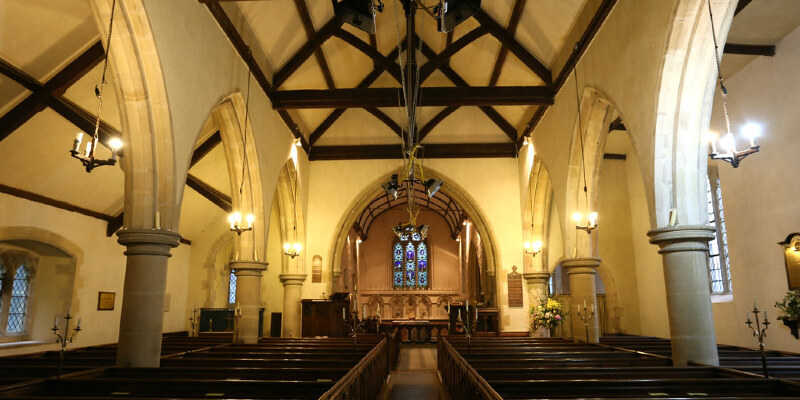2022

Foreclosure & Automatic Stay
When a person files for bankruptcy under Chapter 7 or Chapter 13, they’re granted immediate protection from their creditors through the imposition of an automatic stay. The remain legally requires the cessation of collection activities, including foreclosure actions. The duration of the stay is contingent upon the specific bankruptcy case and in the event the mortgage lender lawfully removes the remain.
Chapter 7 Bankruptcy
Chapter 7 bankruptcy is the point where the investor is trying to have all his debts discharged. A court-appointed trustee sets the investor’s assets, for example, home, to your bankruptcy estate. Although the automatic stay stops the mortgage lender from pursuing a foreclosure, the trustee is allowed to attempt and market the house to make money to cover the creditors of the debtor, for example, mortgage lender. Once the bankruptcy case is completed, the stay is removed, along with the mortgage lender can proceed with foreclosure.
Chapter 13 Bankruptcy
Unlike Chapter 7 where the investor ultimately will eliminate the property, Chapter 13 may permit him to keep it. This type of bankruptcy ends in a restructuring of their debts, including the mortgage. The investor will be allowed to make payments to the delinquent mortgage payments along with his other unpaid debts, supplying the investor will show the court he has sufficient income and resources to honor the court-approved repayment program. The remain against foreclosure proceeds during this repayment program period, provided the required payments are made.
Exceptions and Removal
The granting of the automatic stay has specific exceptions. If the debtor has filed a bankruptcy case within the last calendar year, the stay will be restricted to just 30 days. If there has been more than 1 bankruptcy filing, then no stay will be granted. Creditors, for example, mortgage lender, who can ask the court to remove the remain to protect their collateral. This is especially true when the investor has little if any equity in the house or if the residence is uninsured. The decision is in the hands of this court, but the investor can challenge the petition for elimination.
Other Provisions
In some specific Chapter 13 cases, the mortgage lender and the investor is likely to make an agreement called a stipulation which allows the remain to continue without challenge from the lending company. This is given the investor makes ongoing mortgage payments, although the bankruptcy case is proceeding. Such a stipulation has to be approved by the court. The automatic stay applies whether the approaching foreclosure action is either judicial — from formal court action — or non-judicial, as in a trust deed’s seizure and sale. Although the automatic stay is effective immediately, it can take weeks for debtors to receive notice from the courts.